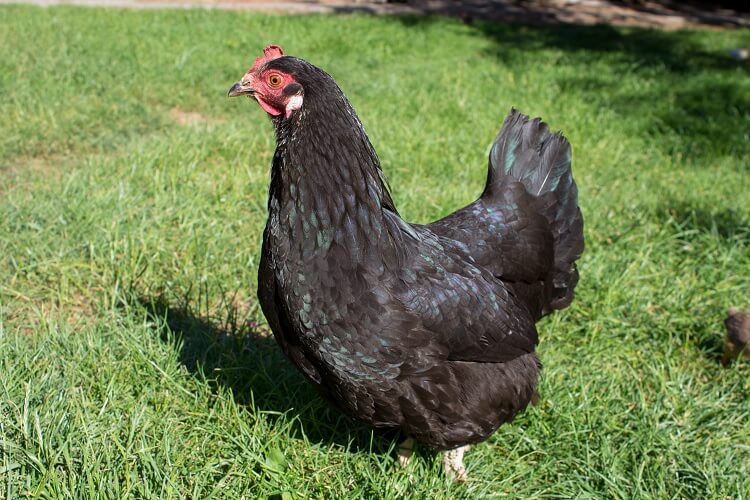Do people raise chickens just for meat, or is the deal to raise them for eggs, then when that stops, eat the chickens? I don't see the economic gain of raising chickens just for meat. Maybe that's not done, and meat chickens always start out as egg chickens in the beginning. Buying, sheltering, feeding, raising, slaughtering, plucking, cleaning, cutting up, disposing of non-edible parts, and finally cooking a chicken that would create probably only one family meal seems like a lot of effort compared to going to KFC. It makes more sense to me if that chicken had been supplying you with eggs for several years before getting the ax. Do people raise chickens solely for meat (in home, not commercial settings)?






